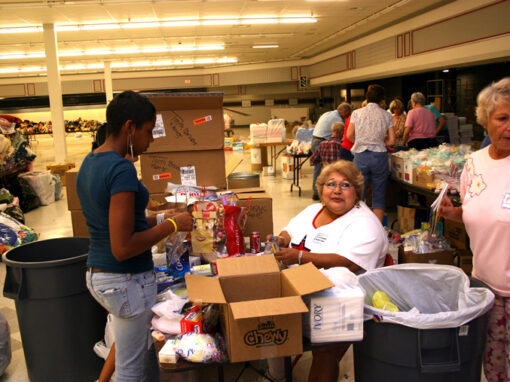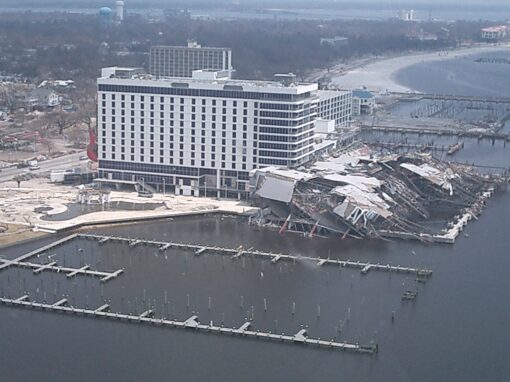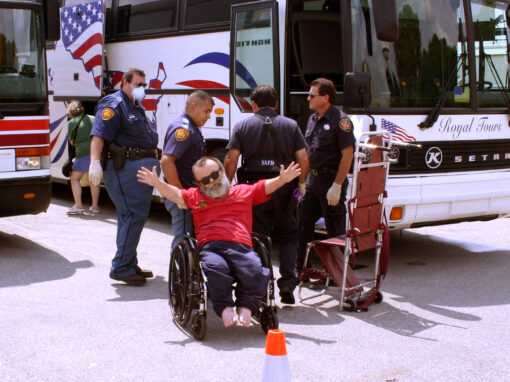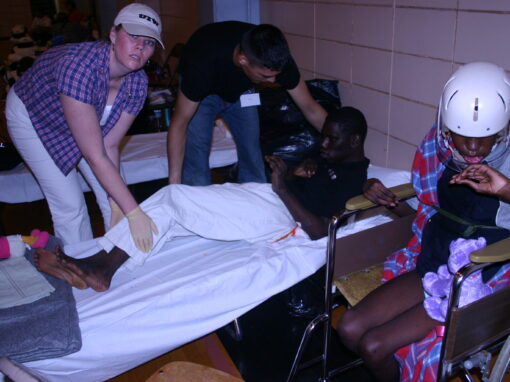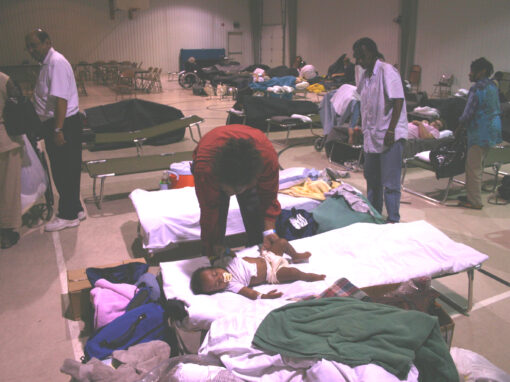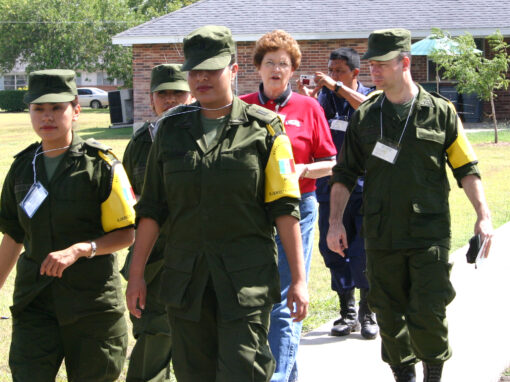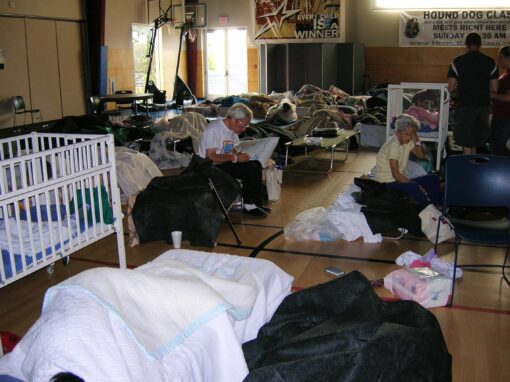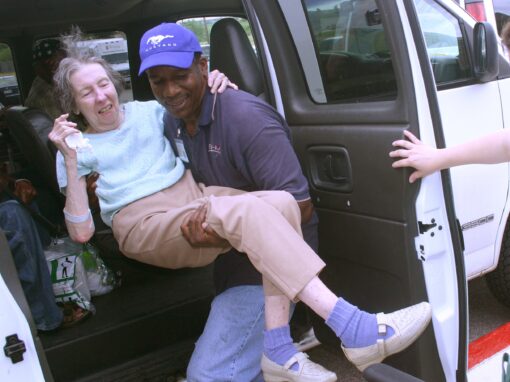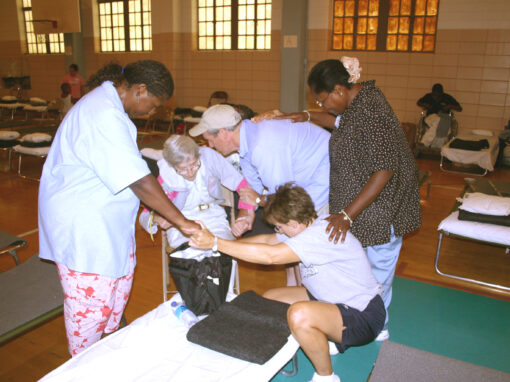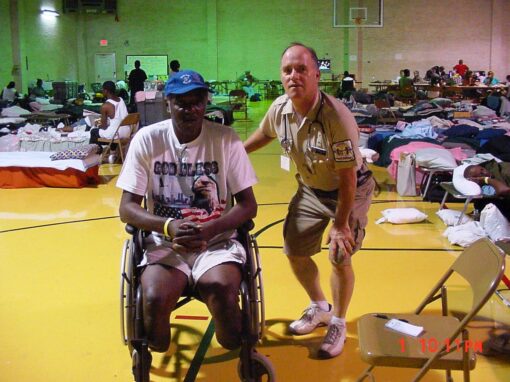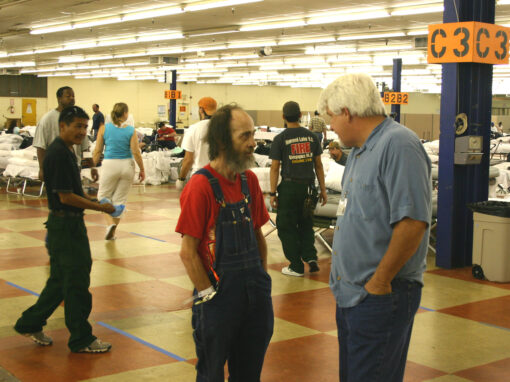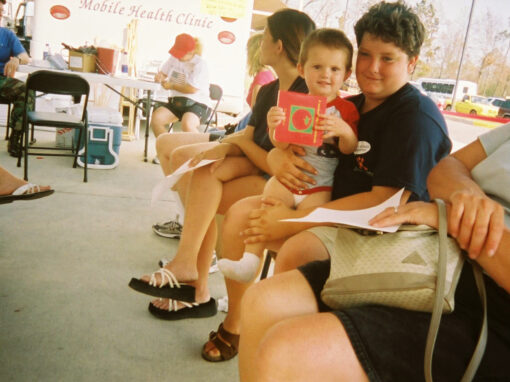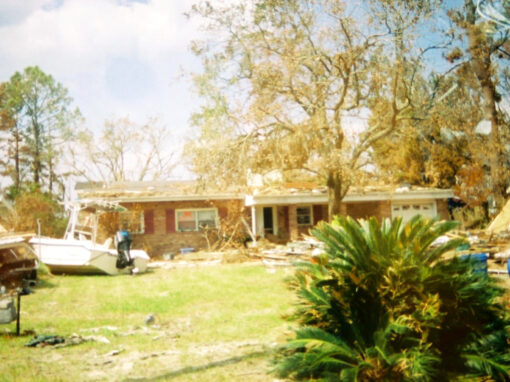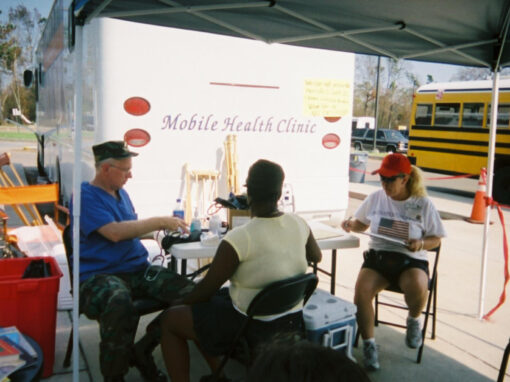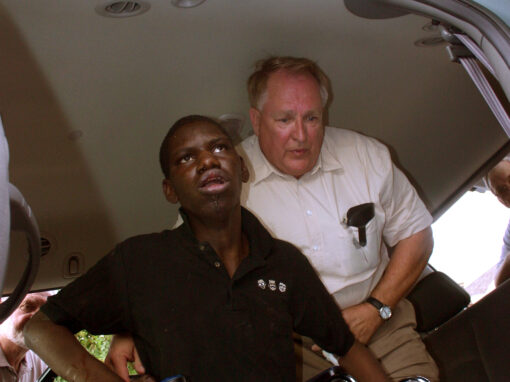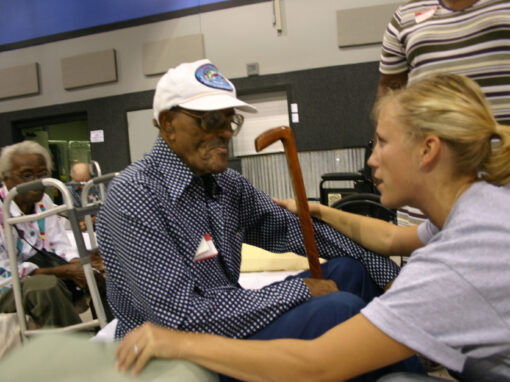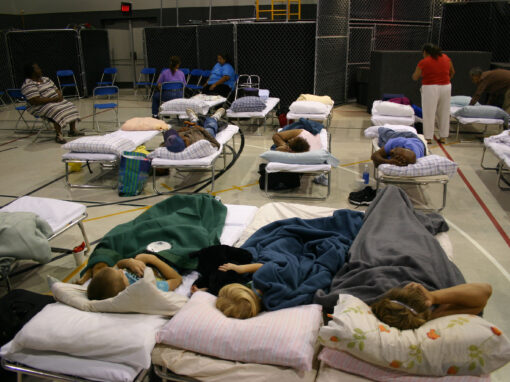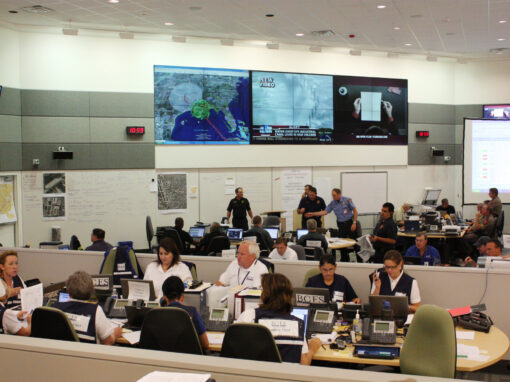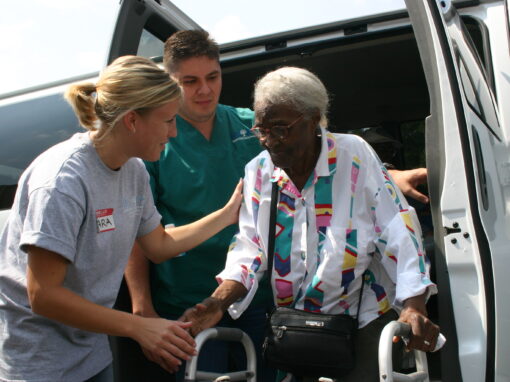Katrina’s Hard Lessons: Two Decades Later, Complacency Is Still the Enemy
By Mark Cooper
Twenty years ago, Hurricane Katrina carved its place into American history—not just as one of the deadliest storms, but as a defining failure of emergency coordination. More than 1,300 lives were lost. Hundreds of thousands were displaced. And the Gulf Coast, especially New Orleans, was left in ruins.
At the time, I was serving as a deputy chief with the Los Angeles County Fire Department when I was deployed to assist my home state under a state-to-state compact, the Emergency Management Assistance Compact (EMAC). Governor Kathleen Blanco requested aid from California Governor Arnold Schwarzenegger, and I joined the early recovery efforts in New Orleans. What I witnessed changed me forever.
Beyond the physical devastation, Katrina exposed the consequences of fractured emergency systems, fragile infrastructure, and a breakdown in public trust. There was no unified command. FEMA clashed with state agencies. The response faltered at every level—delays, confusion, and human suffering that should never be repeated.
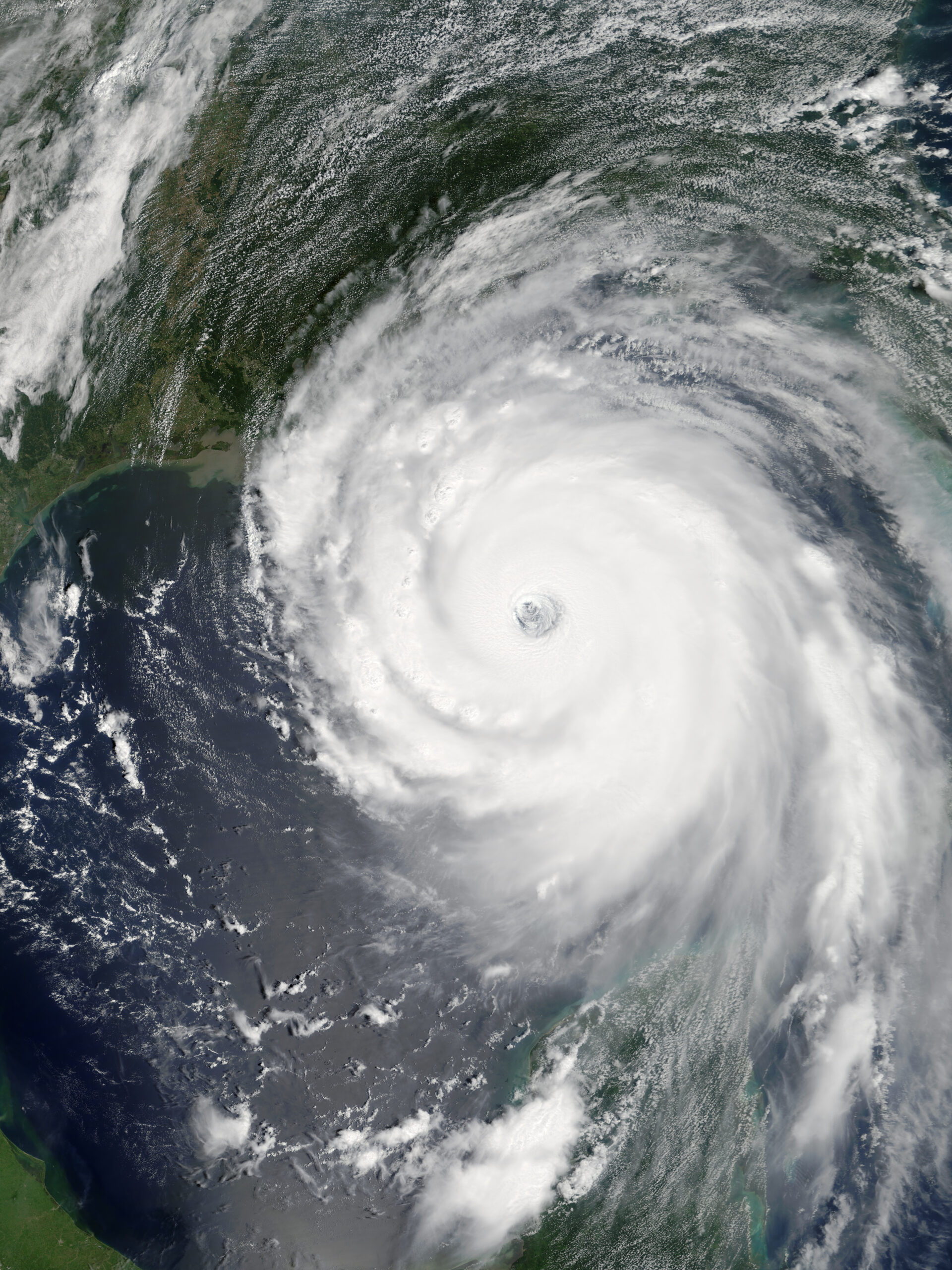
A Wake-Up Call for the Nation
Katrina forced America to confront a hard truth: catastrophic disasters can overwhelm even the most prepared communities. What happened in Louisiana could happen anywhere—a major earthquake in California, a flood in the Midwest, or a Category 5 storm along any coast. The disaster wasn’t just about Louisiana’s vulnerabilities—it was about a nation unprepared for catastrophe at this scale.
Since then, progress has been real. Communications systems—crippled during Katrina—have been modernized. States now embrace the Incident Command System and unified command. Regional mutual aid through EMAC, which deployed me to New Orleans, has become a cornerstone of large-scale response.
During my time as Louisiana’s emergency management director under Governor Bobby Jindal, we pioneered the nation’s first Business Emergency Operations Center—a model later adopted nationally by FEMA. It ensured that supply chains, retailers, and private infrastructure could be harnessed for resilience. That kind of innovation must continue.
Trust Is the Cornerstone
Katrina’s greatest lesson may be the importance of trust—between federal, state, and local governments, and between institutions and the people they serve. When I began leading Louisiana’s emergency management and recovery efforts two and a half years after the storm, it was clear we had to stop airing disputes in the media and start solving problems behind closed doors. Communities must know their leaders are working together—not against each other.
But trust is also personal. Preparedness is no longer just a government responsibility. Campaigns like Louisiana’s Get a Game Plan, which we developed and is still a program today, emphasize family-level readiness: having supplies, knowing evacuation routes, and caring for vulnerable neighbors and pets. Disasters reveal not just systemic cracks, but the fragility of households caught unprepared.
Complacency Is the Enemy
Today, emergency management is more professionalized, more inclusive, and more capable than it was in 2005. Yet complacency remains a danger. We’ve built capacity—but are we still using all the tools Katrina gave us? Business Emergency Operations Centers, for example, are underutilized. And we risk forgetting that Katrina-like events can happen again—whether from hurricanes or other catastrophic shocks.
That’s why I’m honored to serve on the FEMA Review Council, advising the President on major reforms to improve FEMA’s operational efficiency and responsiveness while ridding DC of unnecessary paperwork and bureaucracy. Katrina demanded accountability and innovation. Two decades later, it’s our responsibility to keep pressing forward–not with just plans and protocols, but with trust, unity, and resolve.
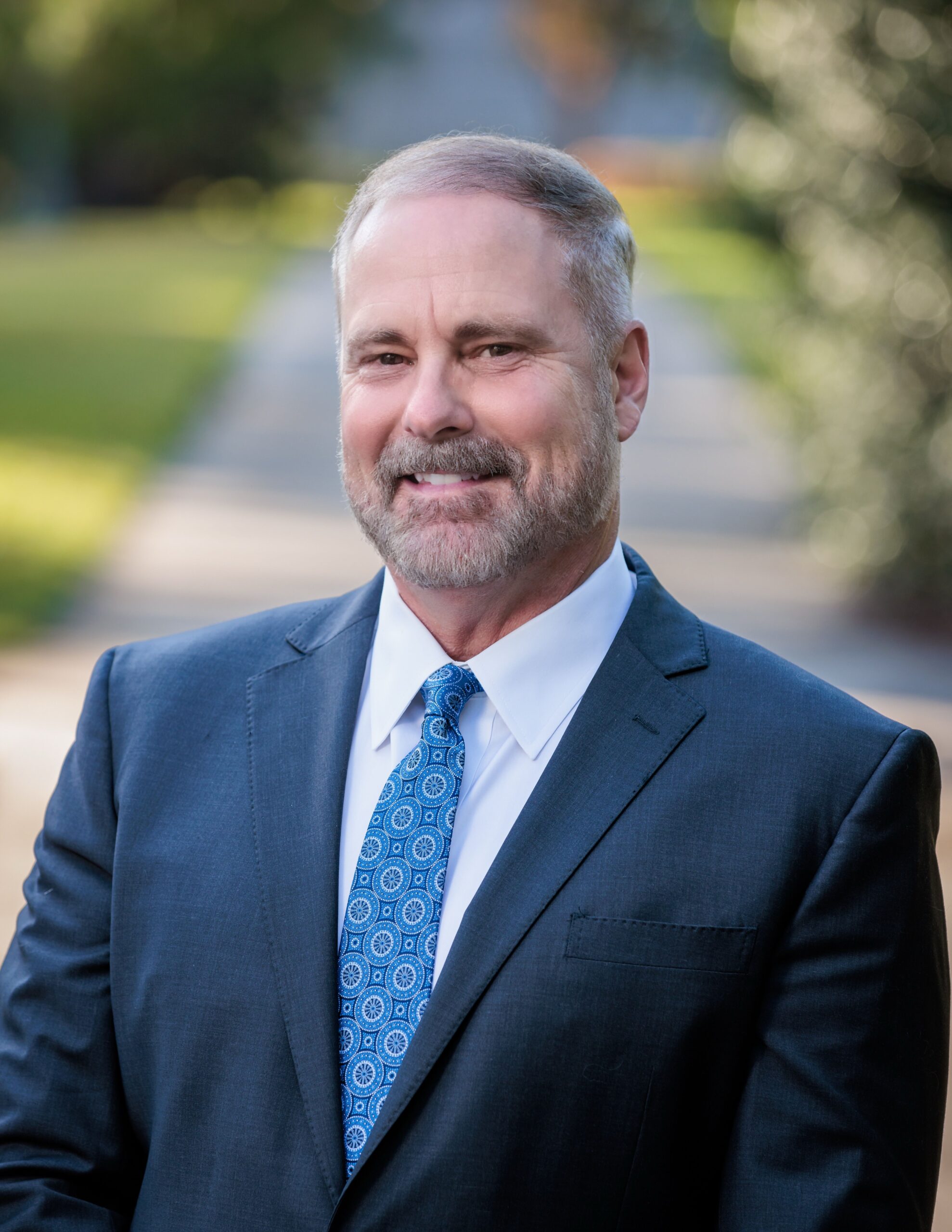
Mark Cooper is a member of President Trump’s FEMA Review Council. He is also Chief Strategy Officer for National EMR, serves as Senior Consultant with K2Advocacy in Baton Rouge, and served as the Chief of Staff for Louisiana Governor John Bel Edwards during his two terms.

